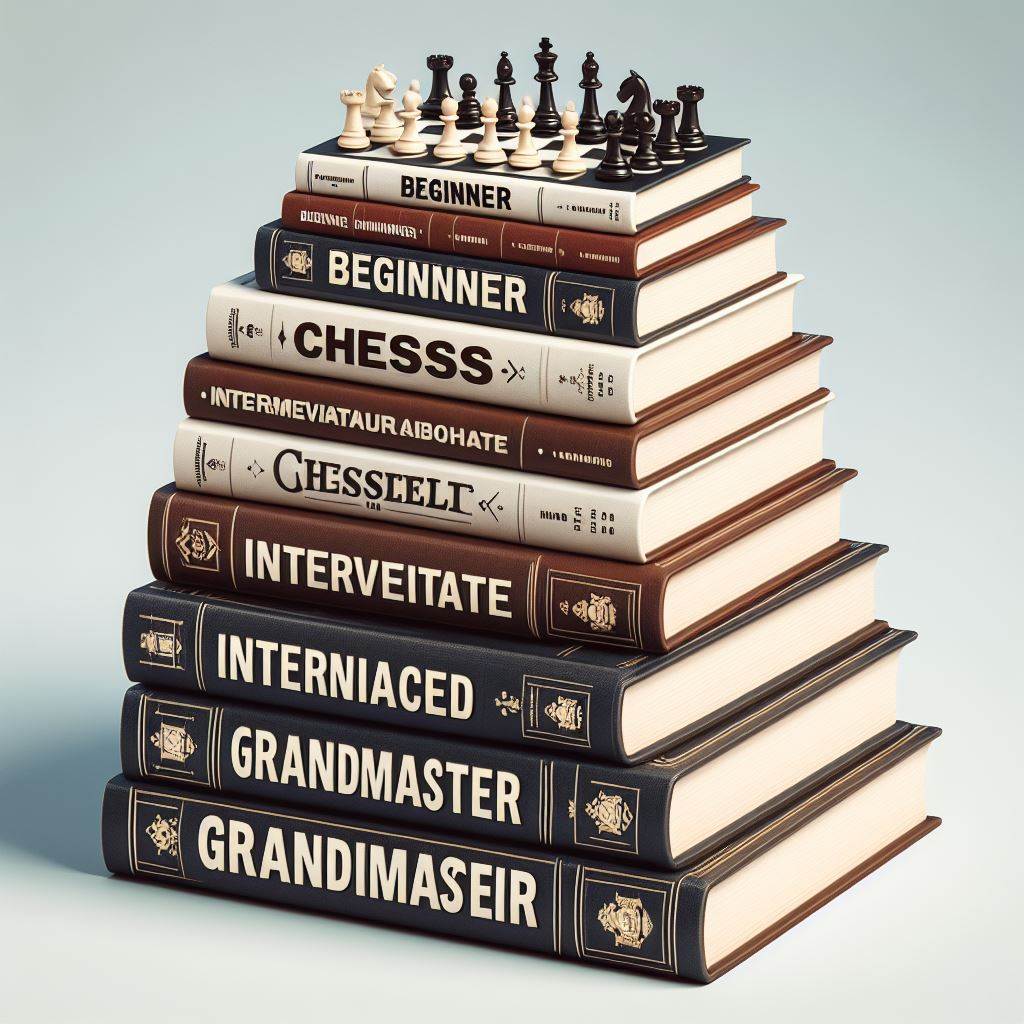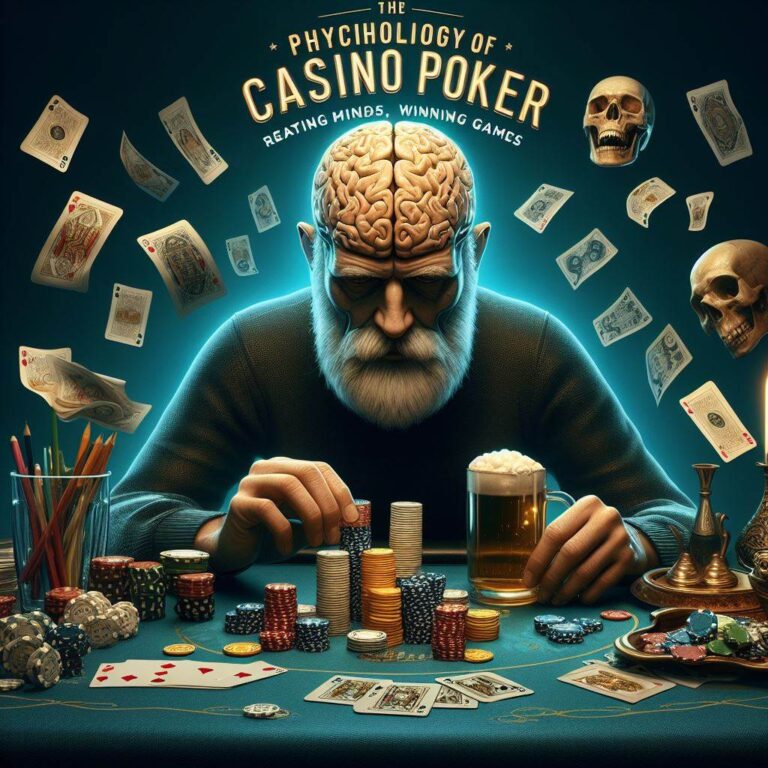from the fundamentals of the game to advanced strategies
game to advanced strategies
Briefly introduce the allure and challenge of casino poker.
State the objective of the guide: to transition from a beginner level to advanced play.
Highlight the importance of patience, continuous learning, game to advanced strategies and practice.
Section 1: Understanding the Basics of Poker
Poker Variants: Brief overview of popular poker games played in casinos (e.g., Texas Hold’em, Omaha).
Rules and Gameplay: Basic rules, hand rankings, and the structure of a typical poker game.
The Importance of Starting Hands: Guide to understanding which starting hands to play and which to fold.
Betting Basics: Explanation of blinds, antes, calls, raises, game to advanced strategies and folds.
Section 2: Essential Poker Strategies for Beginners
Positional Play: Importance of position in poker and how it affects gameplay.
Pot Odds and Expected Value: Introduction to calculating odds and making bets based on the expected value.
Basic Bluffing Techniques: When and how to bluff effectively in low-stakes games.
Section 3: Mastering Intermediate Skills
Reading Your Opponents: Tips for observing opponents’ behavior and identifying tells.
Bankroll Management: Strategies for managing your poker bankroll to minimize losses and maximize gains.
Multi-Table Dynamics: Understanding the dynamics of playing at multiple tables simultaneously.
Tournament Play vs. Cash Games: Discuss the differences and how strategies should adjust.
Section 4: Advanced Poker Concepts
Advanced Bluffing and Semi-Bluffing: Deep dive into bluffing strategies, including semi-bluffs.
Range Analysis: How to assign ranges to opponents and make decisions based on those ranges.
ICM (Independent Chip Model) Considerations in Tournaments: Understanding how tournament payouts affect decision-making.
Playing Against Different Types of Players: Strategies for adjusting your play based on the styles of various opponents.
Section 5: Mental and Psychological Aspects
The Psychology of Poker: Dealing with tilt, maintaining discipline, and the psychological warfare of poker.
Studying Your Own Play: Methods for reviewing and analyzing your hands and gameplay to improve.
Lifestyle and Health: The role of physical and mental health in poker performance.
Section 6: Learning from the Pros
Analyzing Pro Plays: Breakdown of notable hands played by professionals and what can be learned from them.
Interviews and Insights: Key takeaways from interviews with successful poker players.
Recommended Resources: Books, videos, and courses that offer valuable insights into professional play.
Section 7: Next Steps to Becoming a Pro
Finding Your Edge: Developing a unique strategy that gives you an advantage over your opponents.
Continuous Learning and Adaptation: Staying updated with evolving poker strategies and adapting your game accordingly.
Building a Network: The importance of connecting with other poker players for learning and support.
Conclusion
Recap of the journey from novice to pro in casino poker.
Encouragement to embrace the lifelong learning aspect of poker.
Final thoughts on the commitment required to truly excel in the game.
Additional Resources
List of online forums, communities, and coaching sites.
Directory of books and online materials for further study.
This outline provides a structured approach to creating a comprehensive guide on transitioning from a novice to a professional in casino poker. Each section is designed to build upon the previous one, gradually introducing more complex concepts and strategies. By expanding on these points, you can create a valuable resource for aspiring poker players.
Baca Juga: BEYOND LUCK: STRATEGIC DEPTH OF CASINO POKER






